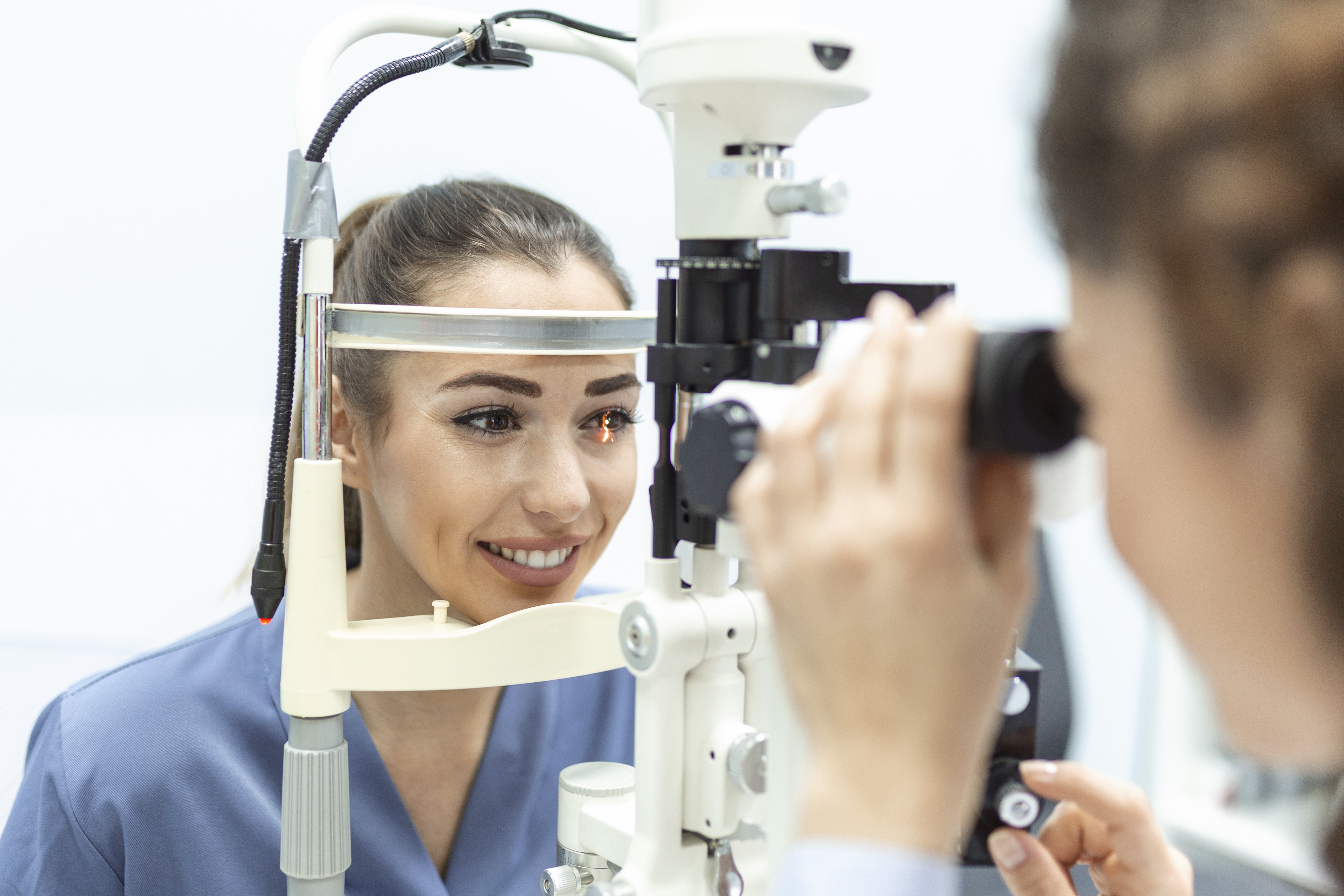How Diabetes Affects the Eyes
Diabetes increases your risk of potentially serious health complications—including diseases of the eyes—but properly managing your diabetes can help prevent them. Here’s a look at what types of eye complications can occur in people with diabetes and how you can prevent/treat them.
Blurred Vision
High blood glucose (sugar) levels can cause swelling of tissues in the eyes, which can lead to changes in your vision. Some people experience blurry vision when they alter their diabetes treatment plan, but blurred vision typically goes away once blood sugar levels are back in control.
If you do not manage your diabetes well, however, those high blood sugar levels can cause more severe damage to your eyes over time.
If you’re experiencing blurred vision as a complication of diabetes, talk to your doctor. S/he can help you create a plan to get your blood glucose back to the target range:
- 80–130 mg/dl before meals
- Less than 180 mg/dl one to two hours after starting a meal
Glaucoma
People with diabetes are more likely to develop glaucoma, a group of diseases that affects fluid pressure in the eyes, than people without diabetes. Glaucoma can lead to vision loss if not treated early.
Your symptoms will help your doctor determine the type of glaucoma you have and find the best treatment option for you. Your best defense against glaucoma is regular glaucoma screenings.
Cataracts
Cataracts (cloudy lenses) tend to develop in people as they age, but this condition can also affect people with diabetes, and at an earlier age. Common symptoms include blurred vision and glare.
If you experience mild cataracts, your ophthalmologist may instruct you to wear sunglasses more often or wear glasses with special glare-control lenses. If your cataracts worsen or interfere with your vision, your doctor will need to surgically replace your cloudy lenses with artificial ones.
Diabetic Retinopathy
Your retina is the part of your eye that takes in light and translates it to the images you see. Diabetes can lead to damaged blood vessels in the retina, a condition called diabetic retinopathy. There are several types and stages of diabetic retinopathy.
The earlier diabetic retinopathy is detected and treated, the more likely treatments will be successful. Untreated diabetic retinopathy can lead to severe vision problems and blindness.
Diabetic patients who notice these types of vision changes should reach out to their doctor as soon as possible:
- Flashes of light
- Holes in your vision
- Black spots in your vision
Remember that diabetic eye exams are extremely important for your eye health. If you have not had one




Comments
Post a Comment